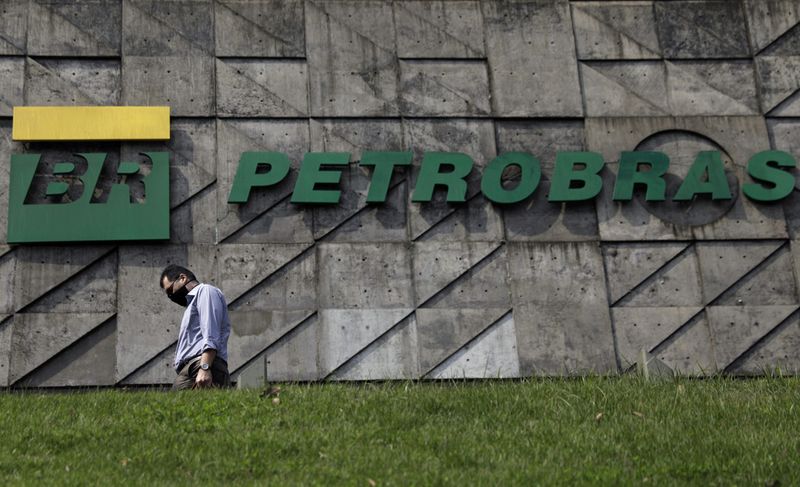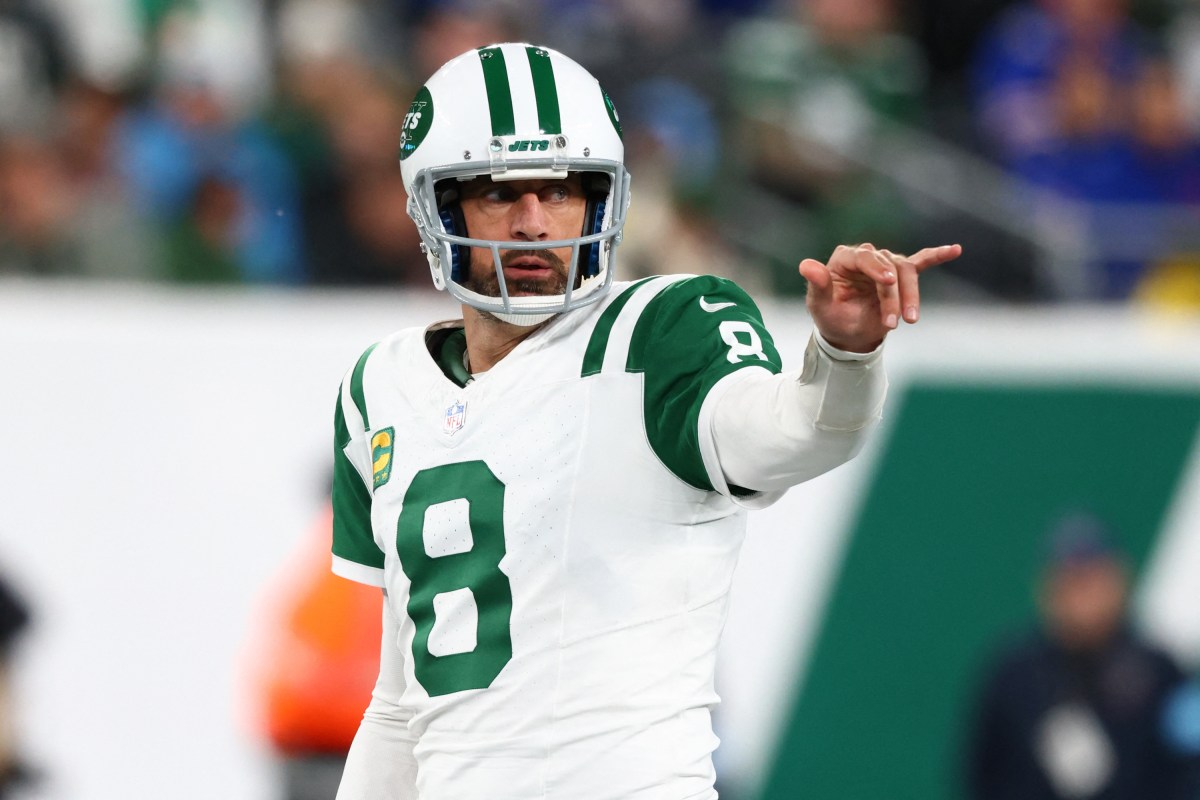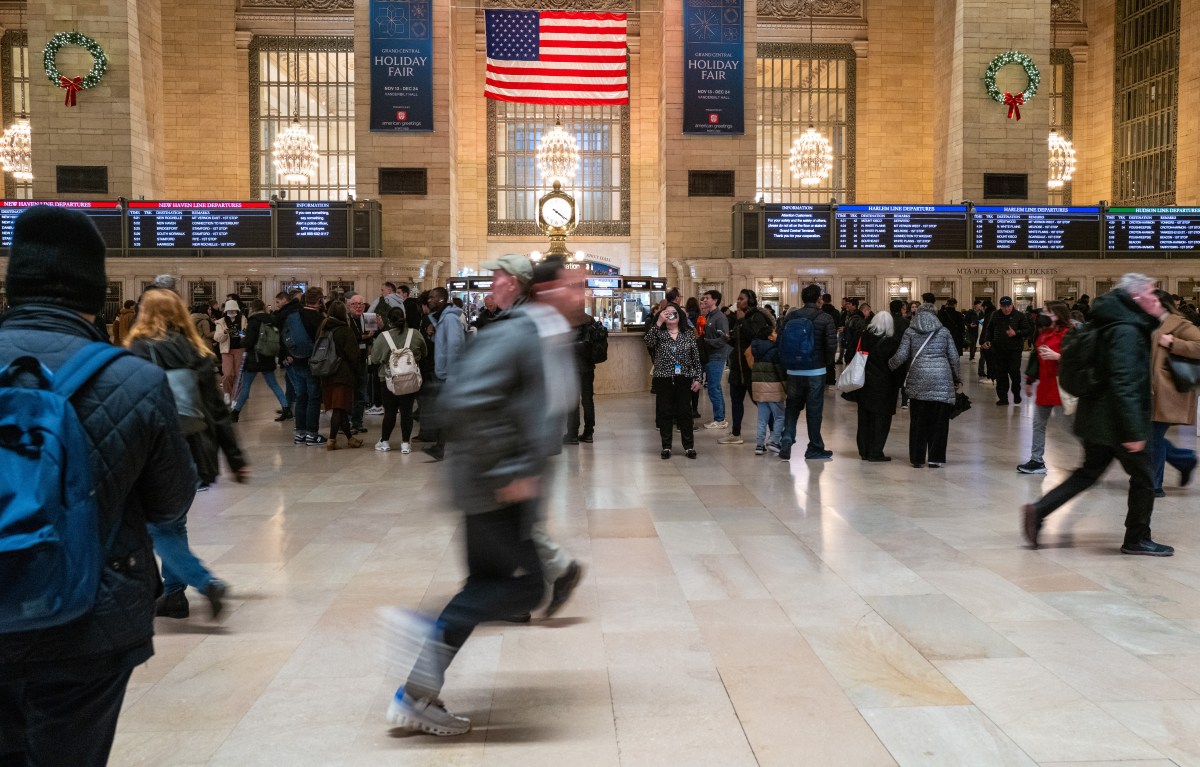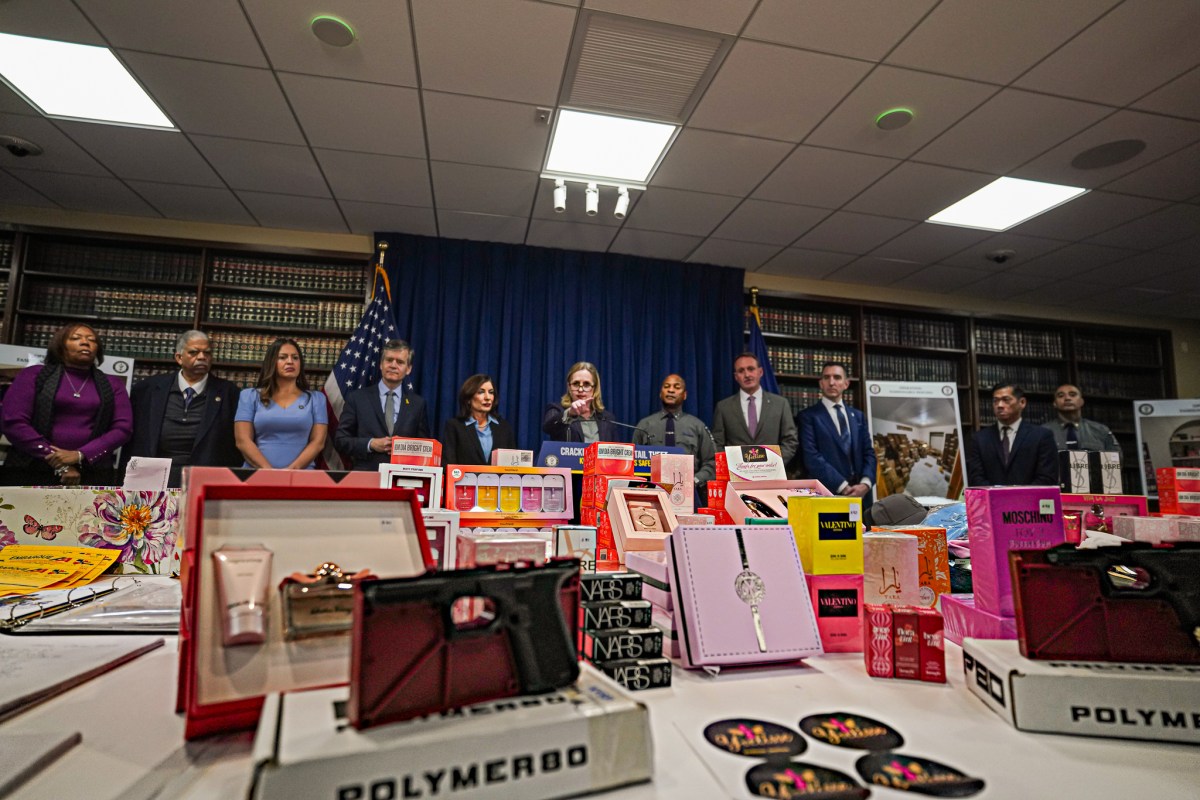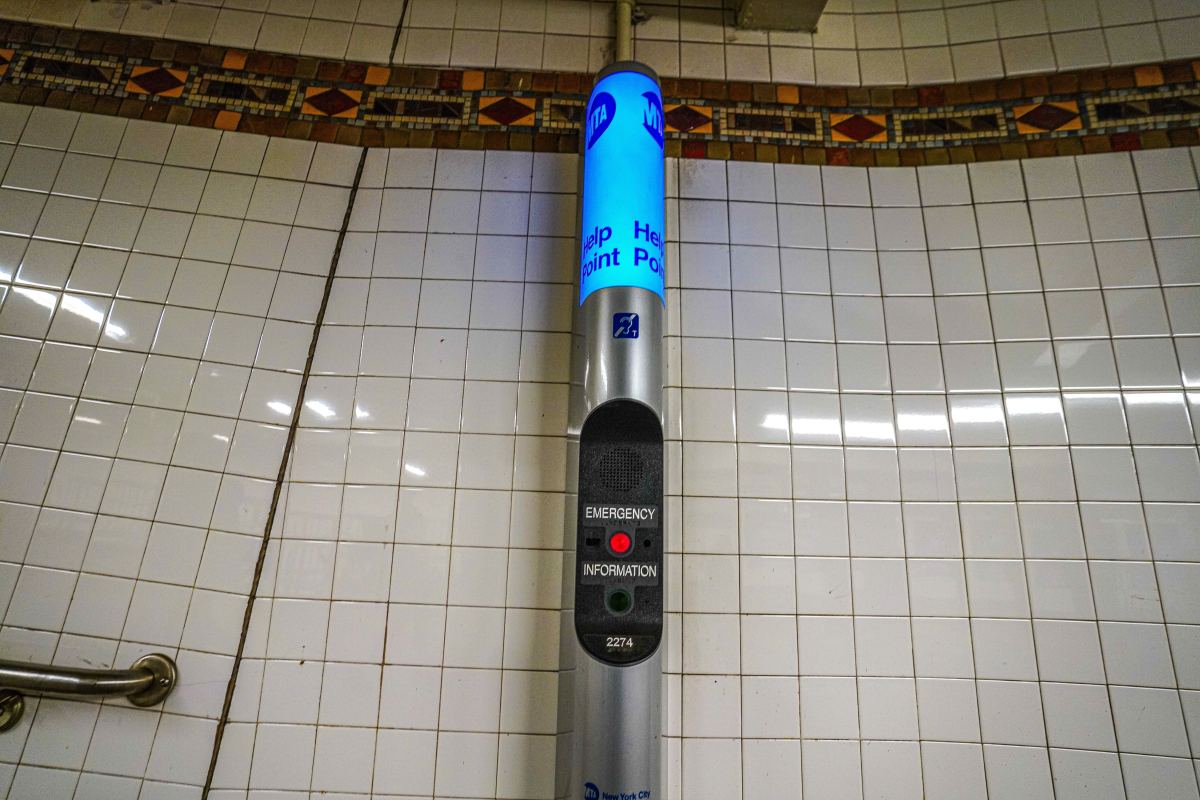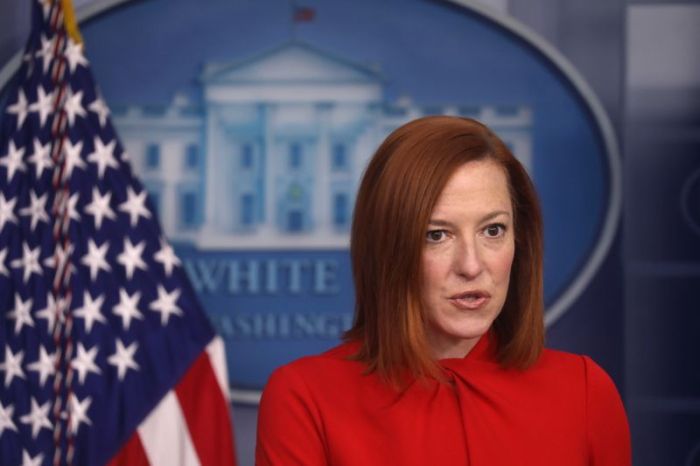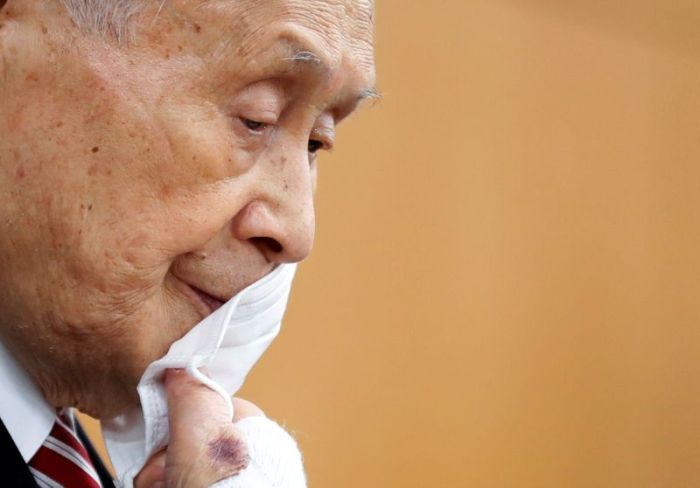RIO DE JANEIRO (Reuters) – Recent comments by Petrobras Chief Executive Roberto Castello Branco regarding the possibility of a truckers’ strike will have consequences, Brazilian President Jair Bolsonaro said on Thursday, hinting that “something will happen at Petrobras in the coming days.”
The comments came after Bolsonaro declared a two-month reduction in federal diesel taxes starting on March 1 to compensate for a diesel and gasoline price increase announced by the state-controlled company in the morning, the fourth this year.
“In these two months, we will study a way to permanently reduce to zero this diesel tax: partly to help balance this increase by Petrobras, which is excessive in my view,” Bolsonaro said in a weekly broadcast on multiple social media platforms.
Petrobras declined to comment on Thursday evening.
Petrobras has been raising fuel prices since a Reuters report on Feb. 5 disclosed details of the company’s price policy, which led analysts to downgrade the company’ shares on concerns of possible political interference.
Bolsonaro did not further specify what measures will be taken in the coming days at Petroleo Brasileiro SA, as the firm is formally known.
“I can’t and wouldn’t interfere at Petrobras – even if something will happen at Petrobras in the coming days,” the president said. “Something needs to change. It will happen.”
In late January, Castello Branco said during a webinar that truckers threatening to strike due to what they perceived as high domestic diesel prices were not the company’s problem.
“As the head of Petrobras said a few days ago: ‘I don’t have anything to do with truckers.’ That’s what he said, the head of Petrobras. That’s going to have a consequence obviously,” Bolsonaro said during the live chat.
Petrobras has repeatedly said it sells fuels domestically in line with international prices.
But investors have been jittery about possible political interference since the oil producer confirmed Petrobras would allow domestic prices to differ from international prices for longer periods of time than previously disclosed.
Reuters reported on Feb. 5 that Petrobras is calculating the international price parity of the fuels it sells over a period of one year. It was the first time the period used internally by Petrobras to close the books on price fluctuations has been made public since 2019, when the calculation was done monthly.
Analysts at UBS calculated in a note to clients that the hike announced by the company on Thursday morning represented a 10% increase in gasoline prices and a 15% increase in diesel.
Political interference with Petrobras’ fuel pricing policy has long been a concern for the market. In 2018, Petrobras’ then-chief executive resigned when Brasilia stepped in to artificially lower fuel prices in response to a crippling nationwide truckers’ strike.
(Reporting by Gram Slattery and Sabrina Valle; Additional reporting by Lisandra Paraguassu and Ricardo Brito in Brasilia; Editing by Daniel Flynn and Christopher Cushing)

